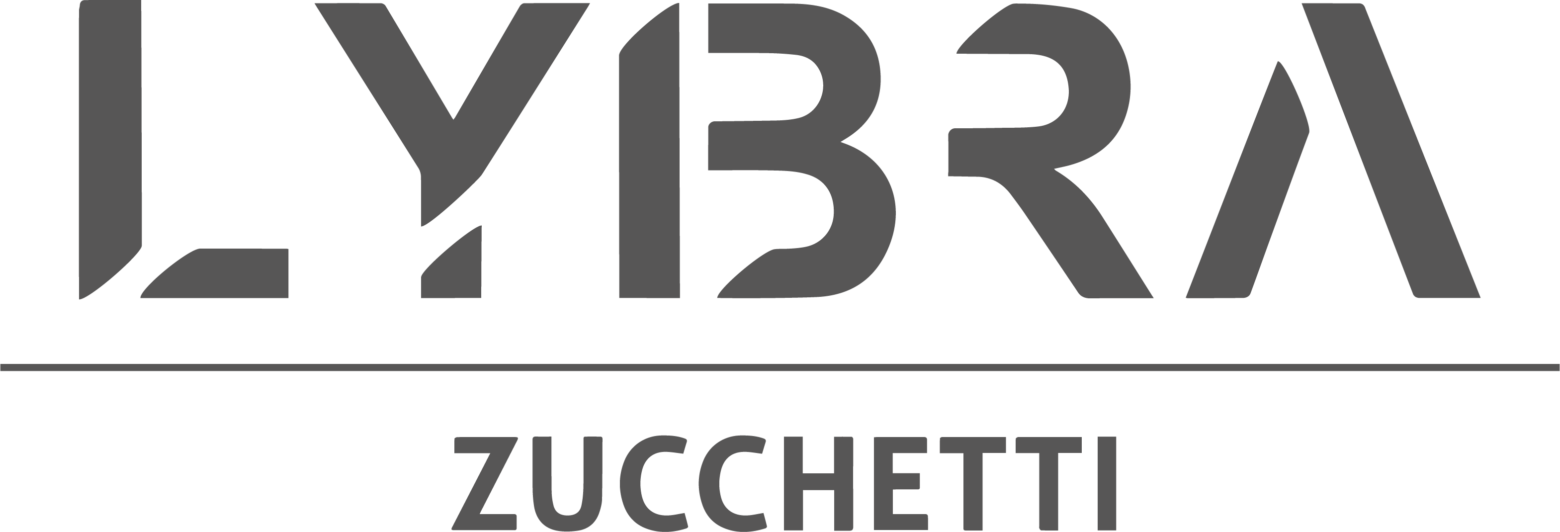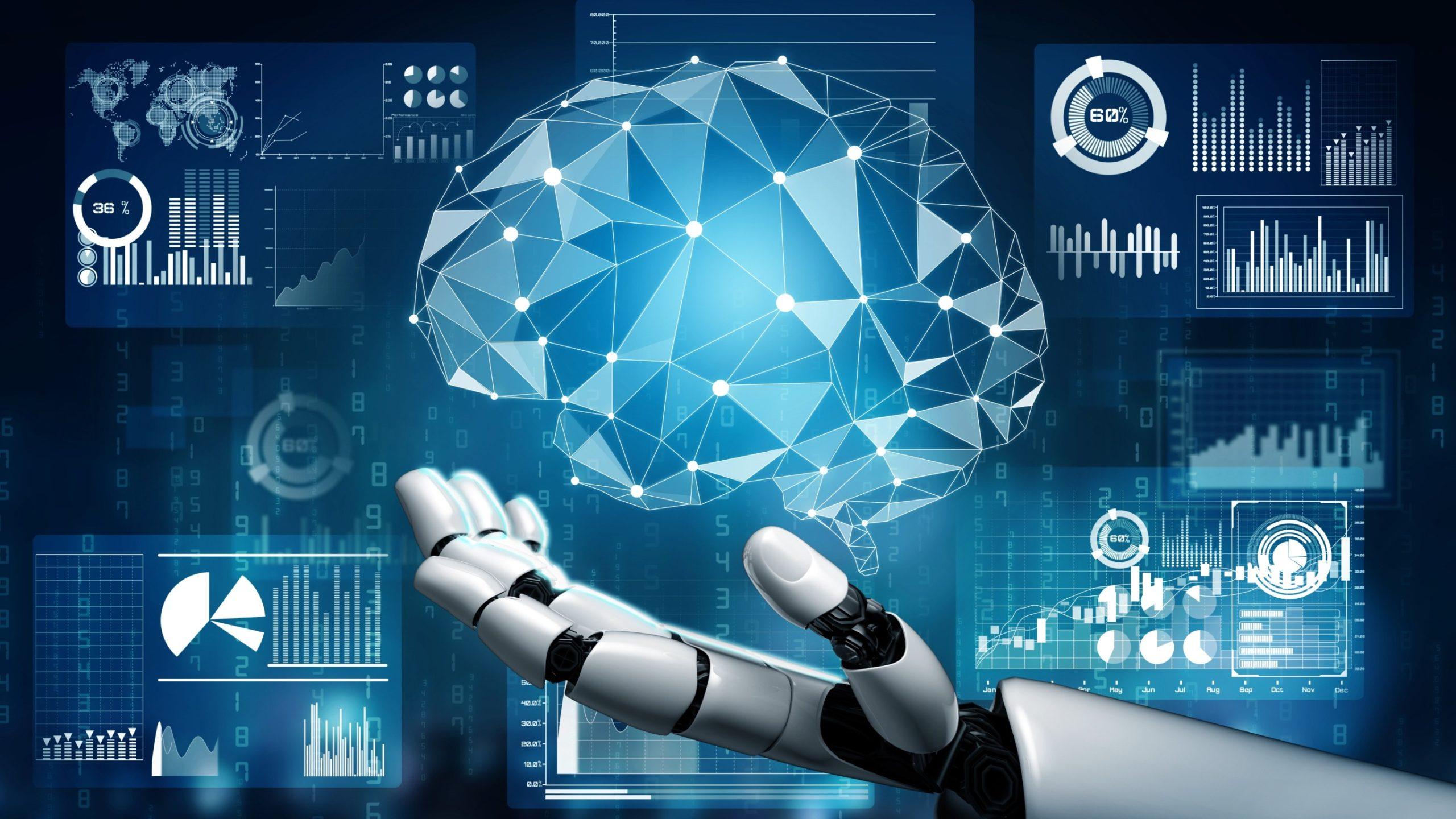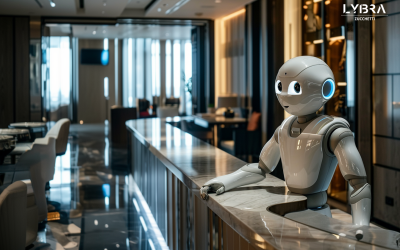Introduction
What is automation? Automation refers to the use of technology to perform tasks and processes that were previously done by human beings. It is aimed at increasing efficiency and reducing the need for manual labor.
How automation is used in the hospitality industry today
In recent years, automation has become increasingly prevalent in the hospitality industry, as hotels seek to meet the growing demand for quality service while reducing costs. From reservation systems to automated check-in and check-out processes, the use of automation has changed the way the hospitality industry operates.
Impact of Automation on the Hospitality Industry
Increased Efficiency
Automation has greatly increased the efficiency of various processes within the hospitality industry. Channel managers, booking engines and Property Management System have streamlined the reservation process, allowing for real-time updates and reducing the need for manual labor. Automated check-in and check-out systems have reduced wait times and made the process quicker and more seamless for guests.
Improved Customer Experience
Automated technologies in the hospitality industry have also helped to improve the overall customer experience. By reducing wait times and improving the efficiency of various processes, automation has made it easier for guests to get what they need and enjoy their stay. Many hotels have already introduced virtual assistants ( alexa and google home) with which customers can interact to book services, get information, or communicate with hotel staff
Increased Profitability
Automation has also helped to increase profitability in the hospitality industry. Automated pricing and revenue management systems have made it easier for organizations to manage their prices and maximize their revenue. By reducing costs and improving efficiency, automation has become an important tool for hotels looking to stay ahead of the competition.
Automation Technologies in the Hospitality Industry
Channel managers and booking engines
Channel managers and booking engines have revolutionized the way that reservations are made in the hospitality industry. They allow for real-time updates and make it easier for organizations to manage their inventory and pricing.
Integration between systems and automations such as automatic updating of room availability and rates allow for increased market competitiveness and optimisation of operational resources.
Automated Check-in and Check-out systems
Automated check-in and check-out systems have reduced wait times and made the process quicker and more seamless for guests. They have also made it easier for hotels to manage their inventory and track guest information.
Automated pricing and revenue management systems
Automated pricing and revenue management systems have become increasingly prevalent in the hospitality industry. They allow hospitality businesses to manage their prices and maximize their revenue in real-time, making it easier for them to stay ahead of the competition.
Challenges of Automation in the Hospitality Industry
Cost of Implementing Automation
One of the biggest challenges of implementing automation in the hospitality industry is the cost. The cost of purchasing and maintaining automated systems can be significant, but return on investment is very quick due to the benefits of automation
Training Employees
Another challenge of automation in the hospitality industry is training employees. As new technologies emerge, employees need to be trained in how to use them effectively. This can be time-consuming and costly, but is necessary to ensure that the technology is being used to its fullest potential.
Cybersecurity
Cybersecurity is also a challenge when it comes to automation in the hospitality industry. Automated systems hold sensitive guest information, and it is crucial that this information is protected from cyber threats. Organizations must take steps to ensure that their systems are secure, and that their employees are trained in cyber security best practices.
What the Future Holds for Automation in the Hospitality Industry
Automation is expected to play a significant role in the hospitality industry in the near future. Here are some of the key predictions for automation in the industry:
Increased use of AI and machine learning algorithms
Hotels are expected to use AI and machine learning algorithms to streamline operations, improve customer experiences and personalize offerings.
More automated check-ins and check-outs
Self-check-in kiosks and mobile check-in options are expected to become increasingly widespread, reducing the need for human interaction and allowing for faster, more efficient check-ins and check-outs.
Chatbots for customer service
Chatbots are expected to be used more frequently for customer service, answering frequently asked questions and providing information to guests in a fast, efficient manner.
Automated food and beverage ordering
Hospitality businesses are expected to adopt automated food and beverage ordering systems, allowing customers to place their orders through digital devices and reducing the need for human interaction.
Use of robotics for housekeeping tasks
Robots are expected to be used for tasks such as cleaning and stocking in hotels, freeing up staff to focus on more high-touch, guest-facing activities.
These predictions indicate that automation is poised to bring efficiency, improved customer experiences, and cost savings to the hospitality industry. However, it’s also important to consider the potential consequences of automation, including job loss and the need for workers to acquire new skills.










